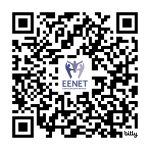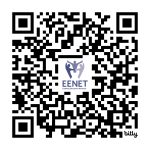In Pakistan, the Data and Research in Education – Research Consortium (DARE-RC) is tackling the challenges of the education system’s systemic inequities and vulnerability to shocks.
DARE-RC programme’s focus is to uncover what works, why it works, and how it can be scaled to create an education system that delivers access, quality, continuity, and coherence—especially for Pakistan’s most marginalised children. DARE-RC envisions a future where every child in Pakistan, regardless of gender, location, disability, religion, or socioeconomic background, has access to high-quality education.
By addressing systemic barriers, scaling successful interventions, and leveraging evidence-based practices, DARE-RC is driving systematic change to reshape Pakistan’s education landscape.


